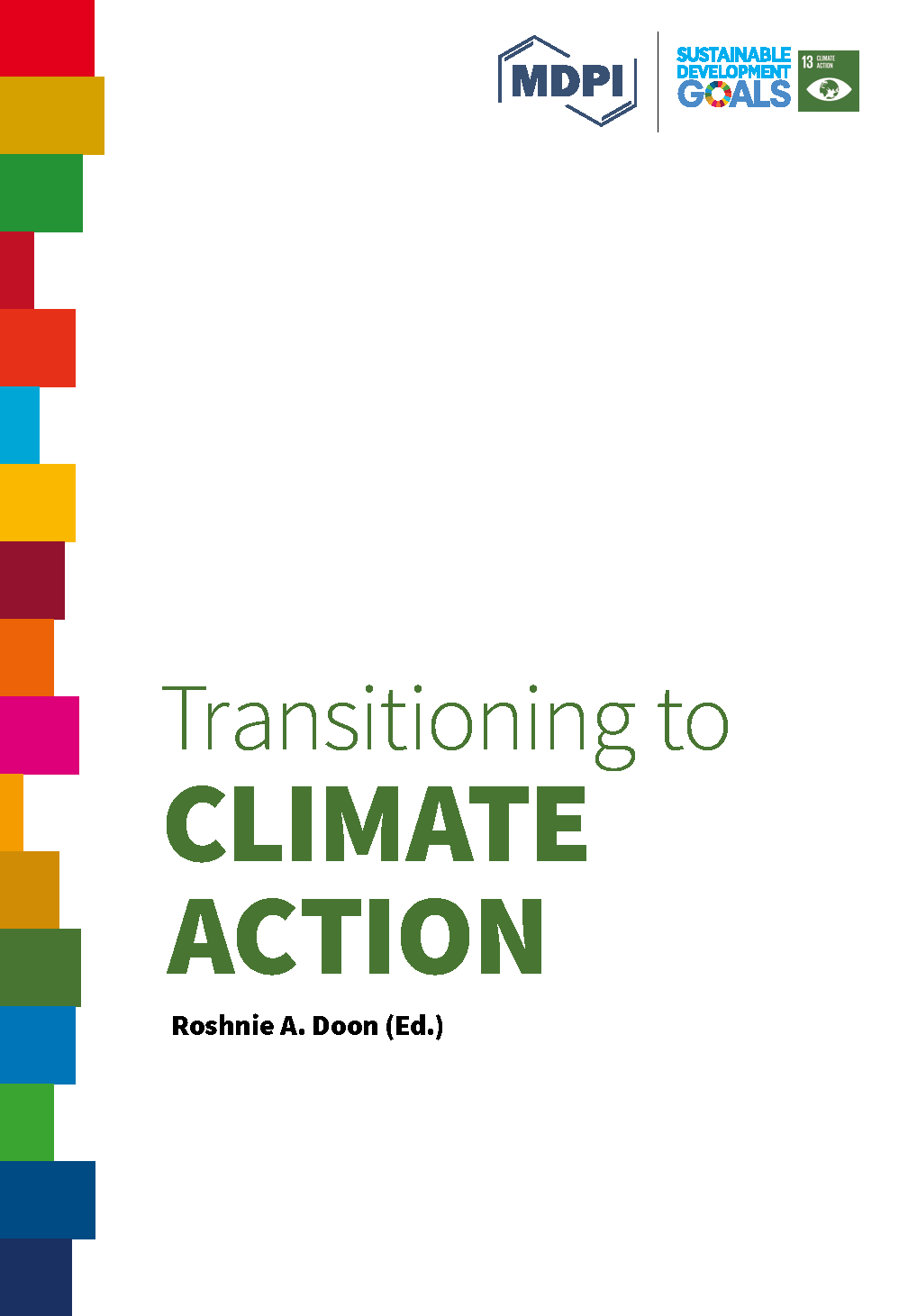Towards 2030: The Effective Employment of ICTs in Influencing Climate Action Among Rural Communities
Frequent and extreme weather events indicate that the globe is nearing catastrophic tipping points. A viable solution climate science suggests is an urgent transition to a safe operating space within planetary boundaries. Achieving this desirable ‘Holocene state’ calls for climate action that is inclusive of the most vulnerable rural poor. To ensure inclusivity, global leaders have taken advantage of the proliferation of information communication technologies (ICTs) to communicate practical adaptation and mitigation measures. This chapter, therefore, investigates effective pathways of employing ICTs in influencing climate action. Conducted among Okavango Delta communities, this study utilised a convergent parallel mixed-methods design. Survey instruments were administered to 303 randomly sampled household respondents and 21 purposively sampled key informants. The collected data were analysed using qualitative methods such as content and thematic analysis and statistical procedures such as descriptive and inferential statistics. The results showed that regardless of the climate change awareness messages received by residents regularly through diverse ICT channels, rural communities are still not satisfactorily aware of the climate change phenomena, a factor thwarting the localisation of the SDGs. To address this, the study found that there is a need for development stakeholders to diversify climate change messages, moving from the predominant agriculture focus to supporting climate actions in cross-cutting sectors.
